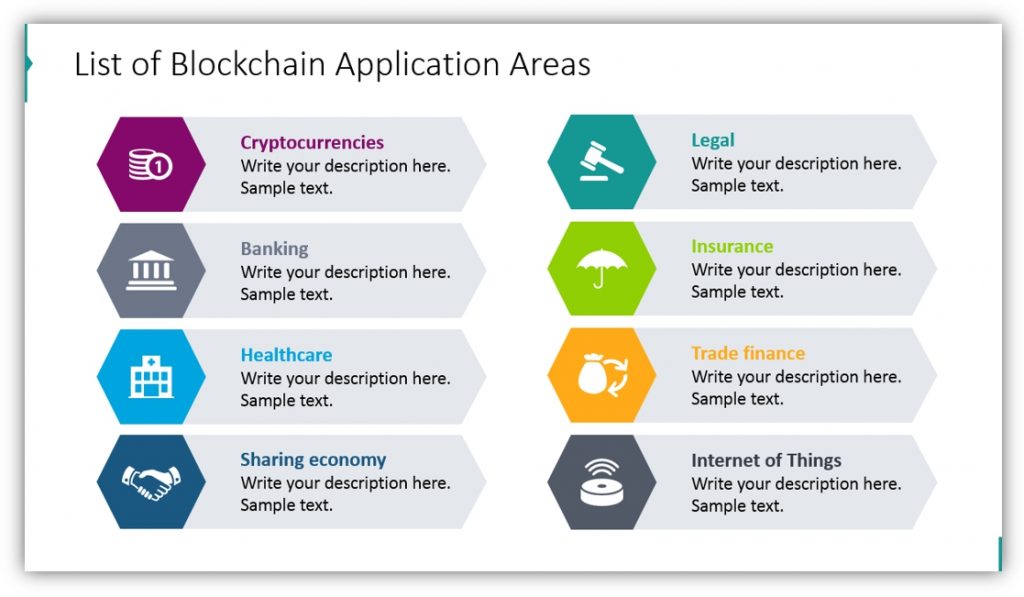What is Blockchain Technology?
Imagine a digital ledger that records all transactions across a network of computers in a secure and transparent way. That’s essentially what blockchain technology is. It’s a decentralized and distributed system, meaning no single entity controls the information.
How Does Blockchain Work?
- Transactions: Each transaction (e.g., a money transfer) is represented as a block of data.
- Hashing: Each block is assigned a unique code called a hash, which is like a digital fingerprint.
- Ledger: The blocks are added to a shared ledger, which is like a continuously updated record.
- Consensus: The network verifies and agrees (known as consensus) on the validity of the ledger.
- Immutable: Once added to the ledger, blocks cannot be altered or deleted.
Key Features of Blockchain:
- Decentralized: No single party has control over the ledger.
- Transparency: All transactions are recorded and visible to everyone.
- Secure: Cryptographic techniques protect transactions from unauthorized access.
- Immutable: Data stored on the blockchain cannot be changed or removed.
Uses of Blockchain:
- Cryptocurrency (e.g., Bitcoin): Blockchain is the underlying technology for cryptocurrencies, providing a secure way to track and verify transactions.
- Smart Contracts: Automated agreements that execute based on specific conditions.
- Supply Chain Management: Tracking the movement of goods from origin to delivery.
- Voting Systems: Secure and transparent way to record votes.
- Health Records: Maintaining patient data securely and accessible to authorized parties.
What Is Blockchain Technology?
In the realm of technology, blockchain has emerged as a transformative force, poised to revolutionize numerous industries. This innovative technology underpins cryptocurrencies like Bitcoin, enabling the secure and transparent recording of transactions without the need for intermediaries. Intriguingly, blockchain’s versatility extends far beyond cryptocurrencies, holding immense potential to reshape a wide range of sectors.
At its core, blockchain is a distributed and immutable ledger that records transactions across a network of computers. Imagine a vast, digital spreadsheet, replicated across countless computers, with each entry representing a unique transaction. Once a transaction is added to the blockchain, it becomes an indelible part of the ledger, resistant to tampering or alteration. This inviolable nature of blockchain technology ensures the integrity and security of recorded data.
Furthermore, blockchain operates on a peer-to-peer network, eliminating the need for a central authority. Instead, every computer on the network maintains a complete copy of the blockchain, enabling collective validation of transactions. This decentralized architecture not only enhances security but also eliminates single points of failure, making the blockchain network remarkably resilient.
Blockchain Technology in Finance
The transformative potential of blockchain technology is particularly evident in the financial sector. Traditional financial systems are often plagued by inefficiencies, high transaction costs, and a lack of transparency. Blockchain, with its inherent security, transparency, and efficiency, offers a compelling solution to these challenges.
One of the most promising applications of blockchain in finance is cross-border payments. Traditionally, international money transfers can be slow, expensive, and opaque. Blockchain-based payment systems can streamline this process, reducing costs, increasing speed, and providing real-time visibility into transaction status. Imagine being able to send money to a friend or family member in another country as easily as sending an email.
Moreover, blockchain technology can enhance the efficiency and security of trade finance. In the traditional trade finance process, numerous intermediaries are involved, leading to delays and increased costs. Blockchain can streamline this process by providing a secure and transparent platform for trade transactions, reducing the need for intermediaries and expediting the flow of goods and services.
Unraveling the Enigma of Blockchain Technology
Blockchain technology has emerged as a game-changer in the digital realm, leaving many curious about its inner workings. In essence, blockchain is a distributed, immutable ledger system where transactions are recorded and verified across a network of computers. This decentralized approach eliminates the need for intermediaries, enhancing security and transparency.
Smart Contracts: A New Era of Automation
Blockchain technology incorporates smart contracts, self-executing agreements that are stored on the blockchain. These contracts automate predefined conditions, eliminating the need for intermediaries and simplifying processes. Smart contracts act like vending machines, where specific actions are triggered once certain conditions are met. For instance, a smart contract could automatically release funds upon completion of a task, ensuring timely payments and enhancing efficiency.
As smart contracts gain traction, their potential applications are endless. They can streamline supply chain management, facilitate secure elections, and revolutionize the real estate industry. By automating manual tasks and eliminating the possibility of fraud, smart contracts offer a myriad of benefits that are reshaping the way we conduct business and interactions.
Smart contracts empower users with greater control over their agreements, fostering trust and transparency in contractual relationships. They streamline processes, reduce costs, and minimize the risk of disputes. As the technology continues to evolve, smart contracts are poised to play an increasingly significant role in our digital lives.

No responses yet